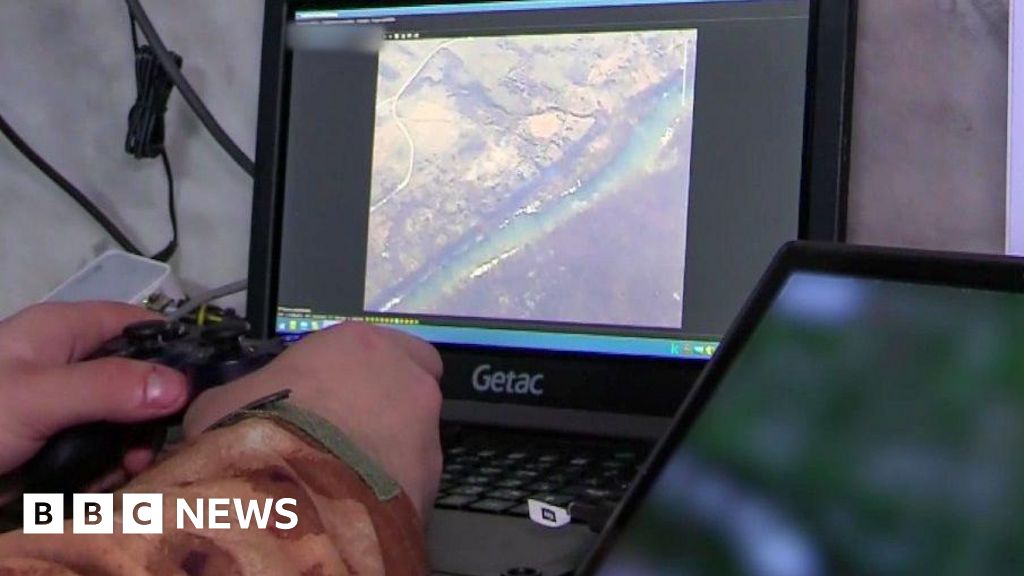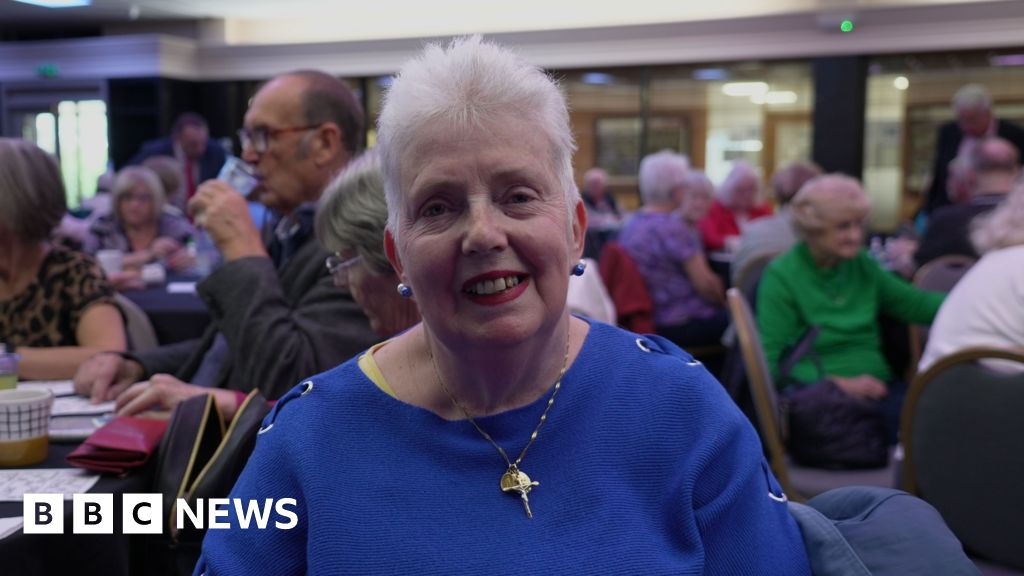ARTICLE AD BOX
By Kate Whannel & Emaan Warraich
Political reporters, BBC News
Government plans to give guidance to the elections watchdog are "chilling", an ex-senior judge has said.
During a parliamentary debate, Lord Judge raised concern the government's Elections Bill could impact the Electoral Commission's independence.
And on Monday, the commission warned the plans could allow ministers to influence its decision making.
Ministers rejected this claim arguing their proposals would respect the body's independence.
Lord True, a minister in the Cabinet Office, said the bill would "reform the accountability of the commission" but he added that the government would not be allowed to direct its decision making.
During a debate on the bill in the House of Lords, peers also asked questions about measures to introduce voter ID and plans to allow overseas voters to participate in UK parliamentary elections, regardless of how long ago they left the UK.
The bill allows British citizens living abroad to vote - currently the right is removed 15 years after the voter has left the UK.
Labour has expressed concern that the removal of the 15-year limit would allow "a flood of unfettered donations from people who may never have lived in the UK or contributed here".
At Prime Minister's Questions on Wednesday, Sir Keir Starmer urged the prime minister to change the bill to combat donations from overseas sources.
Boris Johnson insisted that the UK had "very tough laws to stop foreign donations".
And minister Lord True insisted the bill contained a "robust" framework to ensure that "only those with a legitimate interest in UK elections" could spend money on campaigns or make a political donation.
Warning
The bill includes a measure allowing the government to draft a "strategy and policy statement" providing guidance to the Electoral Commission - the body which oversees elections.
On Monday, the commission warned in a letter to ministers that the "strategy and policy statement" would require the commission to help the government meet its policies relating to elections and referendums.
It said that while the current government had said it would not use the powers in the bill to impact on the commission's remit, "no such assurances can be given about how the broad scope of these powers would be used over time".
Peers echoed the concerns with Labour's Baroness Hayman arguing it set "a dangerous precedent".
Lord Judge, the former lord chief justice of England and Wales, said: "What is chilling about the present proposal is that there is no room for the Electoral Commission to say, 'We don't agree with that. That has a huge political advantage for the government in power'."
And Labour peer, Lord Grocott said: "To allow the winning party to give instructions to the Electoral Commission is comparable to a game between Arsenal and Manchester United in which, prior to kick-off, the Arsenal manager gives instructions to the referee."
However, independent peer Baroness Fox questioned whether the Electoral Commission was needed at all. She accused the organisation of targeting pro-Brexit activists with "prosecution, threats of fines and ultimately harassment".
"I think it is time we questioned whether democracy benefits at all from a quango set up to adjudicate on and stand above democracy itself," she said adding: "There is already a powerful and fully independent body that can hold politicians and political parties to account - it is called the electorate."
Image source, Reuters
Image caption,The Electoral Commission regulates elections and referendums including the Scottish independence vote in 2014
Defending the government's proposals, Lord True said the Electoral Commission would be consulted during the draft of the policy statement.
He said the commission would remain "operationally independent" but add it was vital the regulator could "command trust across the political spectrum".
"The proposed measures are a necessary and proportionate approach to facilitate parliamentary scrutiny while respecting the commission's operational independence."
Among its powers, the Electoral Commission can also issue fines to politicians it judges have broken political finance rules.
The bill has been passed by MPs and is now being scrutinised in the House of Lords.

 3 years ago
81
3 years ago
81








 English (US) ·
English (US) ·